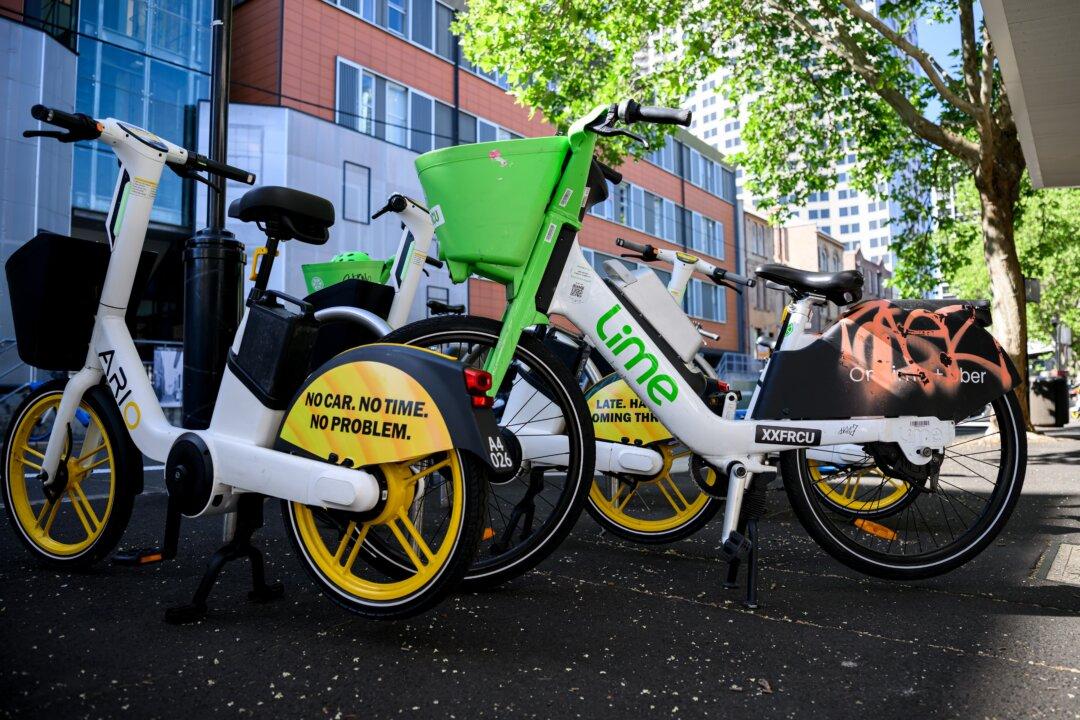Some Victorian flood victims were given marching orders from emergency accommodation in a letter slipped under their doors. Victoria’s purpose-built quarantine centre in Melbourne’s outer north was set up as temporary emergency accommodation in mid-October 2022 after widespread flooding hit central and northern parts of the state.
The Victorian government on Thu. 16 announced it would stop operating the Mickleham site from the end of March, handing the centre back to the federal government.





